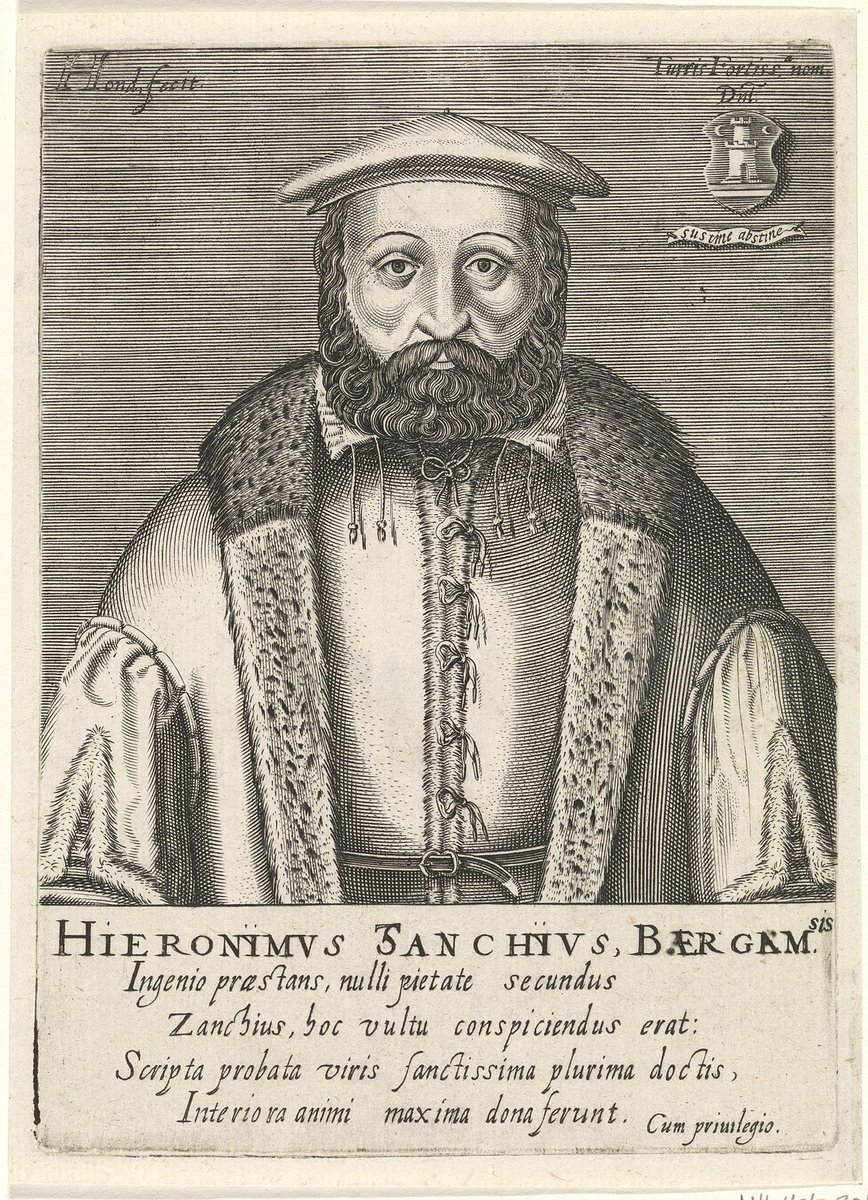
"Ignatius of Antioch" did not exist.
Endorsing Iconodulia as Apostolic requires one to burry one's head in the sand and become a r*tard.
Roman Catholics are not Christians.
John of Damascus is in hell and has more in common with Celsus than St. Paul.
Smoking weed is not a sin, though it may be imprudent.
To abandon historicism is to abandon the Protestant Reformation.
Palamas was a r*tard and trying to exegete his views on the divine attributes is pointless.
The vast majority of 'Christians' from 1000-1500AD were unsaved.
STATUES VIOLATE THE 2ND COMMANDMENT
Sola Scriptura is not only true, but obviously true, denying it is a clear sign of reprobation.
Bl. Scotus was right on divine simplicity and ethics.
• • •
Missing some Tweet in this thread? You can try to
force a refresh














